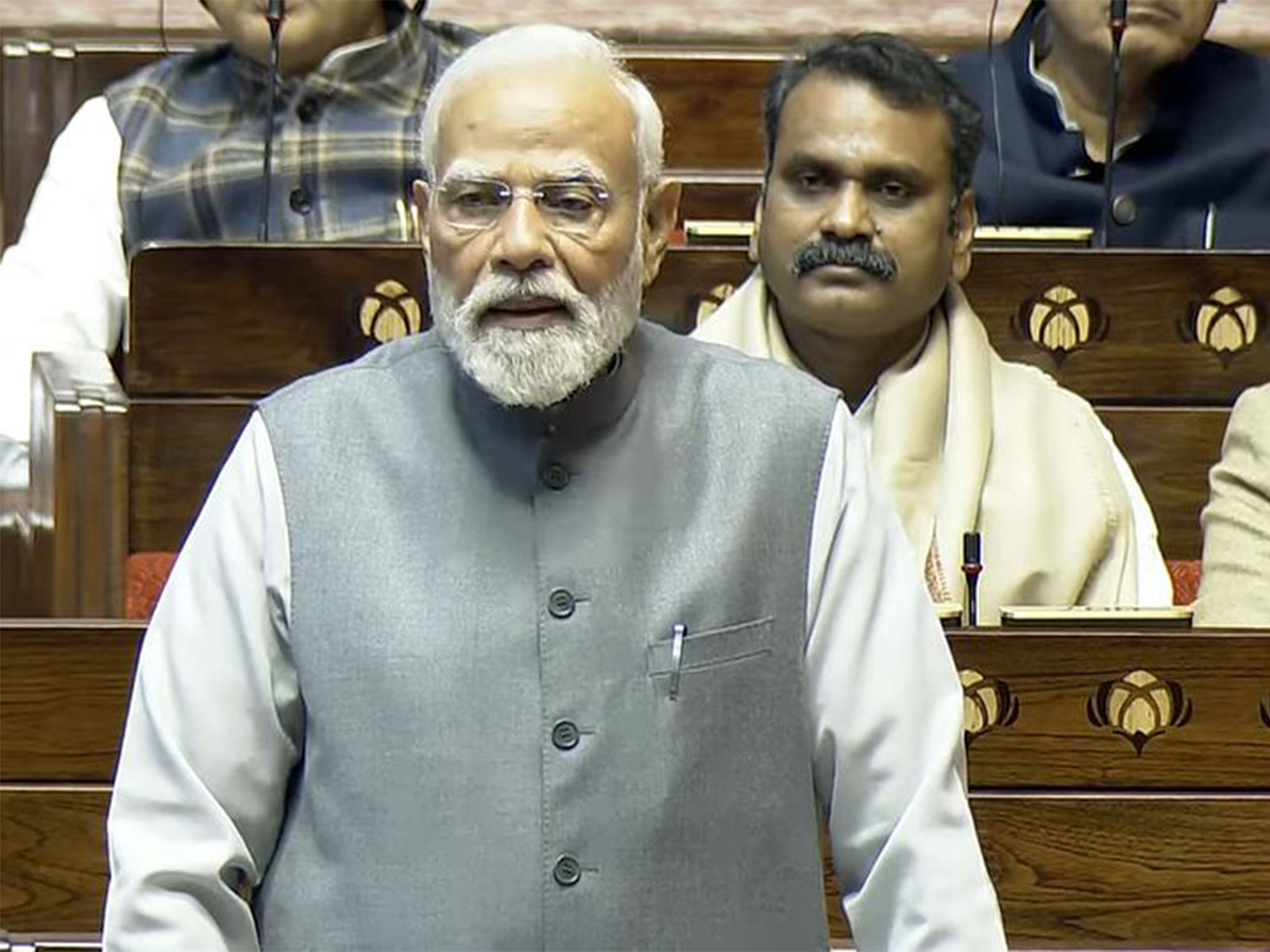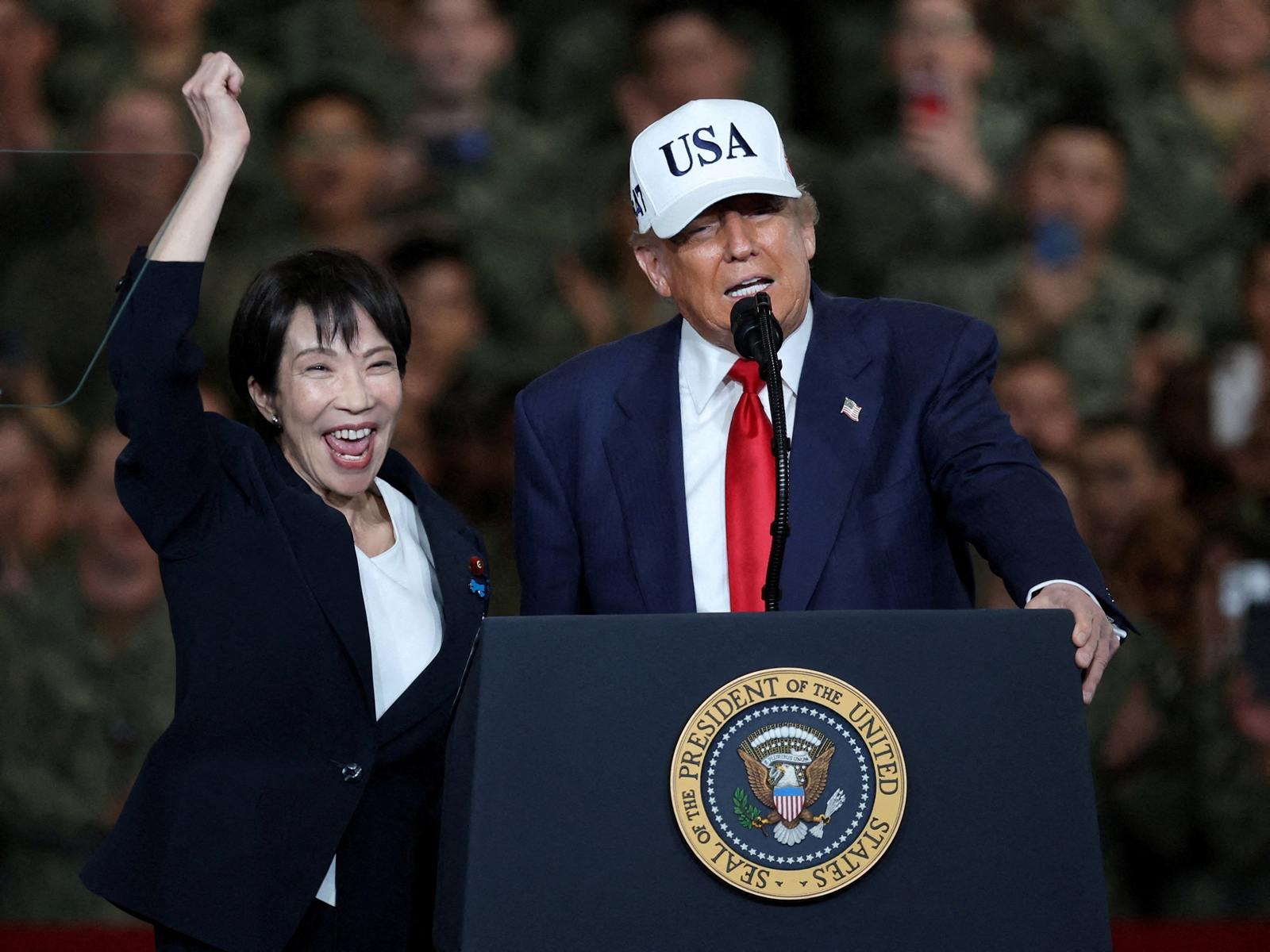
On the sidelines of the U.N. General Assembly on 29 September, Prime Minister Narendra Modi declared his support for an international climate-change agreement that US is trying hard to secure ahead of the UN climate change negotiations in Paris starting November 30. However, Modi has not made any commitment for reducing carbon emissions.
In a statement released after his meeting with US President Barack Obama, Modi expressed an "uncompromising commitment on climate change" but "without affecting our ability to meet the development aspirations of humanity."
"We look forward to (a) comprehensive and concrete outcome in Paris with a positive agenda on combating climate change which also focuses on access to finance and technology for the developing world, especially the poor countries and small island states," Modi said.
Eyes set on Paris this December
The 2015 United Nations Climate Change Conference will be held in Paris from November 30 to December 11. According to the organising committee, the objective of the conference is to achieve, for the first time in over 20 years of UN negotiations, a binding and universal agreement on climate, from all the nations of the world.
India under pressure for reducing carbon emission
As countries seek a deal to limit global warming, environment activists have called on India, the fourth-biggest source of carbon emissions, to set targets for cuts. India is yet to submit its strategy to the United Nations outlining how it plans to address climate change known as Intended Nationally Determined Contributions, or INDCs, which has a deadline this week itself.
Last week, China, the world's biggest greenhouse gas emitter, renewed its commitment to bring its spiraling emissions to a peak by "around 2030".
The road not easier to tread
But for India making such a commitment is really tough at a stage where according to Environment Minister Prakash Javadekar "it needed to fight poverty and give the more than 300 million Indians still living without power access to energy."
Moreover, comparisons cannot be drawn between China and India, since India needs more freedom to fuel industrial growth. Also India's per capita emissions are much lower than those of China and the U.S.
A viable solution ?
While moving towards clean energy by 2030, India has an ambitious plan to build a capacity of 350 Gw of solar and wind power. However, according to the Indian experts such a colossal target will need input in terms of research and technology. The US and India as well as other countries could come together to find a solution to the requirements.
The idea was also echoed by Modi during the conference when he said, "Rather than just putting pressure ... it would have been far better if we had a positive agenda which enabled countries to go in for more sustainable parts of development by providing them with finance and the relevant technology."
What is Modi's stand suggestive of
- India will continue to lead the charge of developing nations that say more prosperous countries, that have burned large amounts of fossil fuels for years, must make large emissions cuts.
- These nations should help developing and poor nations with funding and technical know-how to transition to a more environmentally-friendly growth model.
However, India's course of action ahead of talks in Paris meet will become clearer on October 2, when India is scheduled to submit its plans for curbing greenhouse-gas emissions.



![BJP's Kapil Mishra recreates Shankar Mahadevan’s ‘Breathless’ song to highlight Delhi pollution [WATCH] BJP's Kapil Mishra recreates Shankar Mahadevan’s ‘Breathless’ song to highlight Delhi pollution [WATCH]](https://images.catchnews.com/upload/2022/11/03/kapil-mishra_240884_300x172.png)

![Anupam Kher shares pictures of his toned body on 67th birthday [MUST SEE] Anupam Kher shares pictures of his toned body on 67th birthday [MUST SEE]](https://images.catchnews.com/upload/2022/03/07/Anupam_kher_231145_300x172.jpg)






